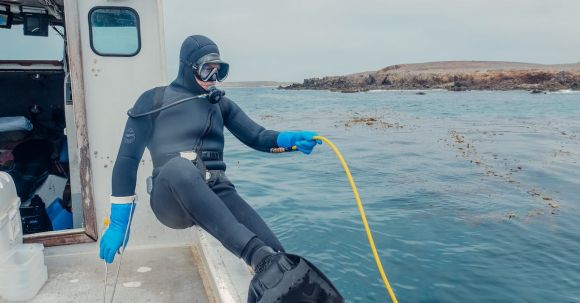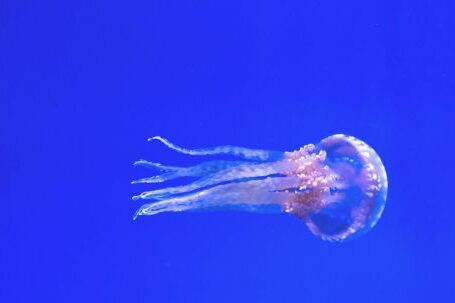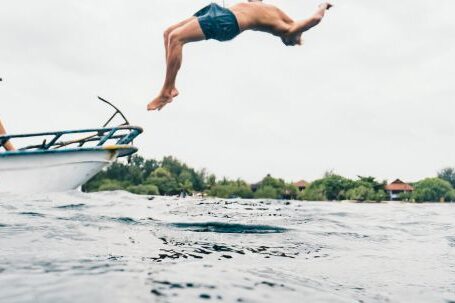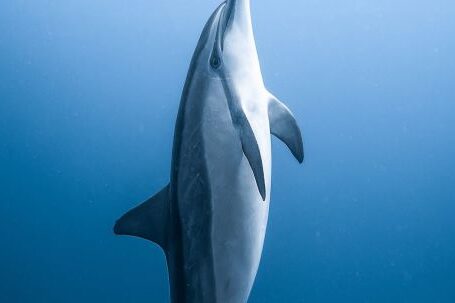Diving is an exhilarating and adventurous activity that allows us to explore the wonders of the underwater world. However, it is essential to prioritize our health and well-being while engaging in this high-intensity sport. One aspect often overlooked by divers is the importance of proper nutrition and hydration. In this article, we will explore some healthy tips to keep divers fueled and hydrated for their underwater adventures.
Fueling Your Body for Diving
1. Eat a Balanced Diet: Prioritize a diet that includes a variety of fruits, vegetables, lean proteins, and whole grains. These foods provide essential nutrients that promote overall health and energy levels. Incorporating a range of colors into your meals ensures a diverse intake of vitamins and minerals.
2. Carbohydrates for Energy: Carbohydrates are the primary fuel source for our bodies. As divers engage in physical exertion underwater, it is crucial to consume adequate amounts of carbohydrates. Opt for complex carbohydrates like whole grains, legumes, and starchy vegetables, as they provide a steady release of energy.
3. Protein for Muscles: Protein is essential for muscle repair and recovery. Divers should aim for sufficient protein intake to support their active lifestyle. Good sources of protein include lean meat, fish, poultry, eggs, dairy, legumes, and plant-based sources like tofu and tempeh.
4. Healthy Fats: Don’t shy away from healthy fats like avocados, nuts, seeds, and fatty fish. These fats provide essential omega-3 fatty acids, which have anti-inflammatory properties and support brain health. Including healthy fats in your diet can also help you feel satisfied and full for longer, preventing overeating.
5. Stay Hydrated: Hydration is crucial for divers, as dehydration can lead to fatigue, reduced concentration, and increased risk of decompression sickness. Drink plenty of water before, during, and after your dives. Avoid excessive caffeine and alcohol consumption, as they can dehydrate the body.
Hydration Tips for Divers
1. Start Hydrating Early: Begin hydrating at least 24 hours before your dive. This allows your body to store fluids and ensures you start your dive adequately hydrated. Drinking water throughout the day is essential, but remember to avoid excessive fluid intake immediately before diving to prevent discomfort.
2. Electrolytes for Balance: During prolonged dives or in warm water environments, electrolyte balance becomes crucial. Electrolytes like sodium, potassium, and magnesium help maintain proper hydration and muscle function. Consider hydrating with sports drinks or electrolyte-enhanced water to replenish these essential minerals.
3. Monitor Urine Color: A simple way to gauge your hydration level is by monitoring the color of your urine. Clear or pale yellow urine indicates proper hydration, while dark yellow urine signifies dehydration. Aim for lighter shades of yellow to ensure you are adequately hydrated.
4. Snack on Hydrating Foods: In addition to drinking water, you can also consume hydrating foods to maintain optimal hydration levels. Foods like watermelon, cucumber, oranges, and strawberries have high water content and can contribute to your overall hydration.
5. Post-Dive Hydration: After your dive, it is crucial to replenish fluids lost during physical exertion. Drink water or electrolyte-rich beverages to rehydrate your body. Including a small snack with carbohydrates and protein within an hour of diving can aid in muscle recovery.
In conclusion, nutrition and hydration are vital aspects of a diver’s overall health and performance. By fueling our bodies with a balanced diet, staying hydrated before, during, and after dives, and incorporating hydrating foods, we can optimize our diving experience and reduce the risk of dehydration-related complications. Prioritizing our health and well-being ensures that we can continue to explore the underwater world safely and enjoyably.





